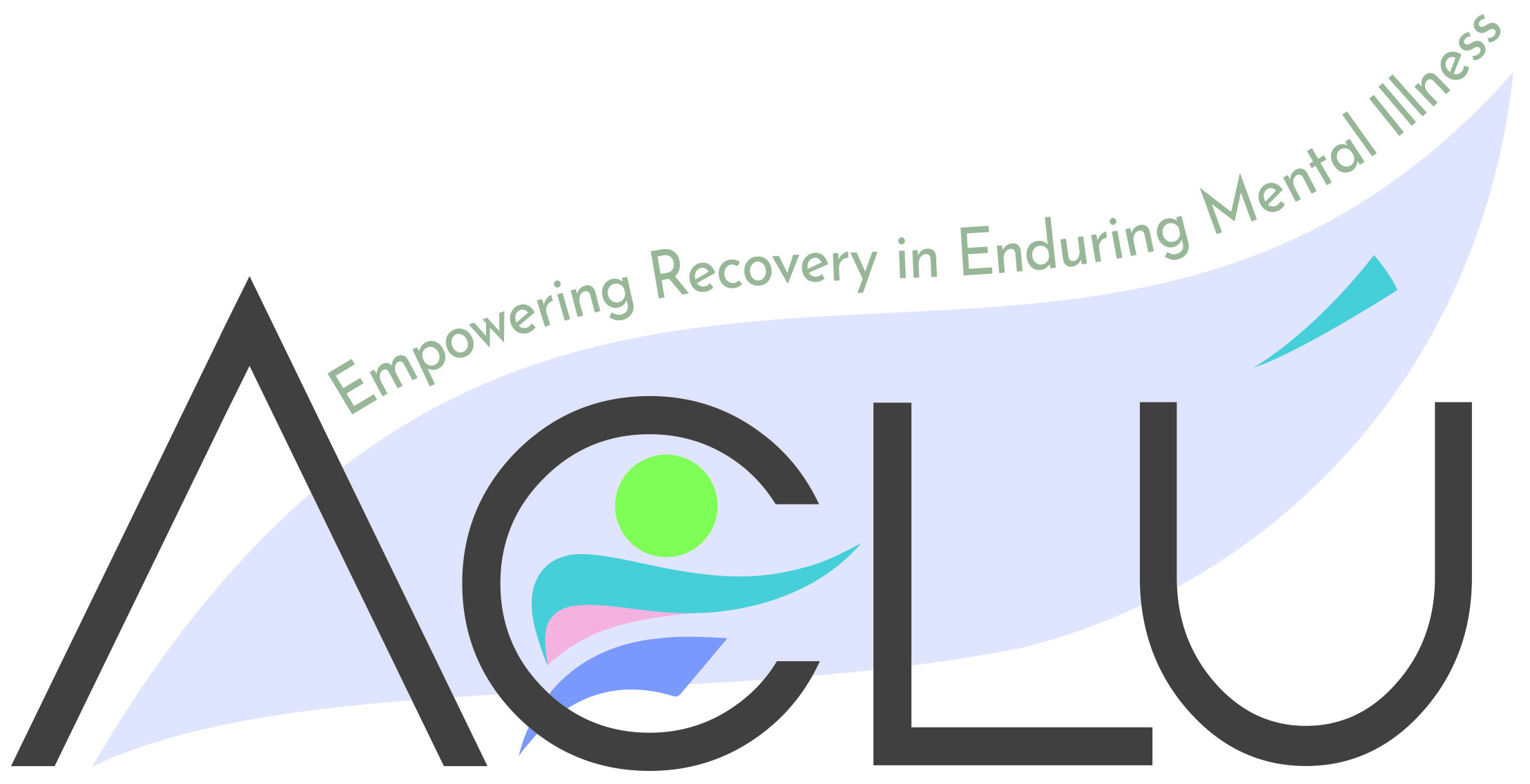Aclú, an MTU and Health Service Executive initiative, addresses enduring mental illness recovery using physical activity, nutrition and digital technology.

This event will launch Aclú in MTU. All stakeholders interested in, working in or living with Enduring Mental Illness are welcome to attend on campus and online. This project addresses SDG 3 (ensuring healthy lives and promoting well-being for all, at all ages) and SDG 3.4 (promoting mental health and well-being and reducing, by 1/3, premature mortality from non-communicable diseases, through prevention and treatment). As the gap in life expectancy for those with and without EMI issues continues to rise, this is a priority in health (Hjorthøj et al., 2017). The potential for transformation and impact is great and this technology-supported approach is likely to have international reach and significance. The context for Aclú is set out below.
Sedentary behaviour and reduced physical activity in mental illness arise from many variables, including the nature of the illnesses, the medication associated with them, social isolation, poverty, stigma, and exclusion. Aclú seeks to improve health outcomes for those living with enduring mental illnesses (EMI) by increasing physical activity, reducing sedentariness, and improving nutrition with the support of digital technologies. A recent special issue of the Irish Journal of Psychological Medicine (O’Donohue, 2021) provides an overview of the current state of the art, and its opening article offers an excellent summary of the current situation today and the backdrop to this initiative:
‘People affected by severe mental health disorders have a greatly reduced life expectancy. Cardiovascular disease is the main contributor to this early mortality, caused by higher rates of smoking, physical inactivity, unhealthy diet, sleep disturbance, excessive alcohol use or substance abuse and medication side effects. Therefore, we need to take a preventative approach and translate effective interventions for physical health into routine clinical practice.’
This event will launch Aclú in MTU. All stakeholders interested in, working in or living with Enduring Mental Illness are welcome to attend on campus and online. This project addresses SDG 3 (ensuring healthy lives and promoting well-being for all, at all ages) and SDG 3.4 (promoting mental health and well-being and reducing, by 1/3, premature mortality from non-communicable diseases, through prevention and treatment). As the gap in life expectancy for those with and without EMI issues continues to rise, this is a priority in health (Hjorthøj et al., 2017). The potential for transformation and impact is great and this technology-supported approach is likely to have international reach and significance. The context for Aclú is set out below.
Sedentary behaviour and reduced physical activity in mental illness arise from many variables, including the nature of the illnesses, the medication associated with them, social isolation, poverty, stigma, and exclusion. Aclú seeks to improve health outcomes for those living with enduring mental illnesses (EMI) by increasing physical activity, reducing sedentariness, and improving nutrition with the support of digital technologies. A recent special issue of the Irish Journal of Psychological Medicine (O'Donohue, 2021) provides an overview of the current state of the art, and its opening article offers an excellent summary of the current situation today and the backdrop to this initiative:
'People affected by severe mental health disorders have a greatly reduced life expectancy. Cardiovascular disease is the main contributor to this early mortality, caused by higher rates of smoking, physical inactivity, unhealthy diet, sleep disturbance, excessive alcohol use or substance abuse and medication side effects. Therefore, we need to take a preventative approach and translate effective interventions for physical health into routine clinical practice.'


